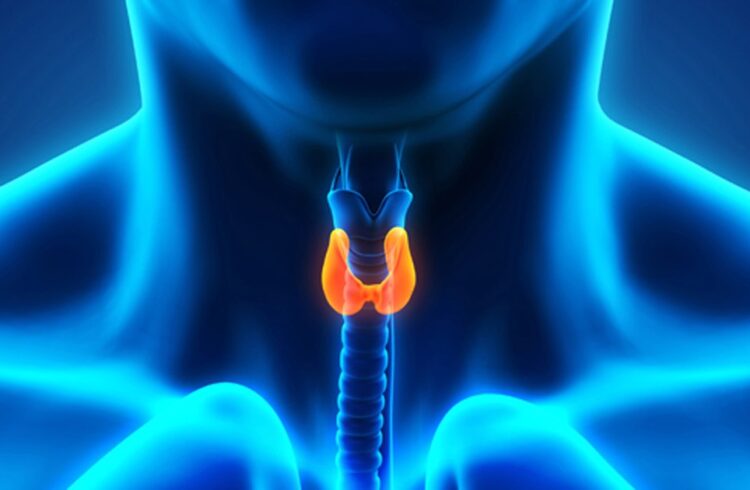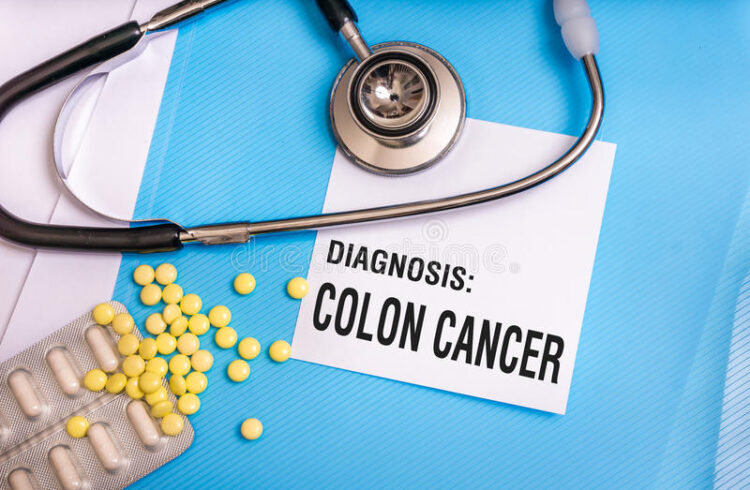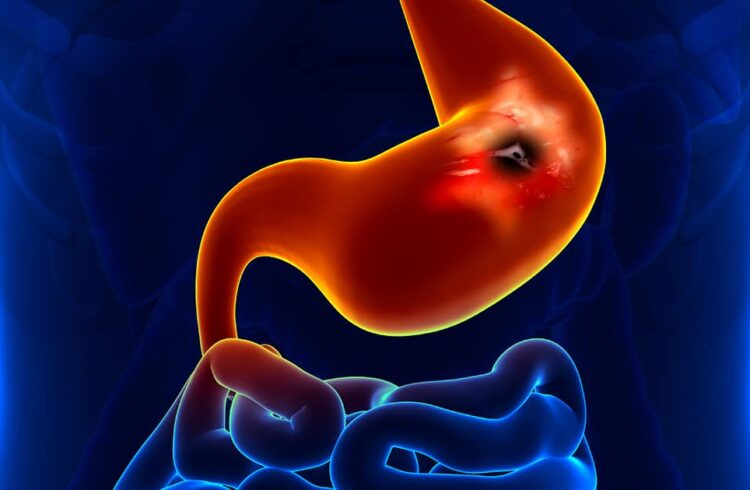In this blog, I like to discuss thyroid cancer and the benefits of Fucoidan. Recently, thyroid cancer is one of the most rapidly increasing cancers in the US. As per the American Cancer Society studies, about 44,280 new cases of thyroid cancer (12,150 in men and 32,130 in women) were estimated in 2021. The thyroid is […]
Category: Health Benefit of Fucoidan
Recurrence and unresectable advanced cancer are the most concerning matters of cancer among cancer patients and high-stress sources. Hence, I hope this blog will relieve some of your worries and pressure for your future hope and health with fucoidan supplements. According to the study “Fucoidan reduces the toxicities of chemotherapy for patients with unresectable advanced […]
In this blog, I would like to discuss the benefits of Fucoidan on obesity. Obesity causes inflammation, and it is well-known that such inflammation in the body tends to cause damage to healthy tissue and even leads to DNA damage. Obesity is a condition that is accumulating extreme body fat. Obesity is also an escalating […]
(Biomedical and Biophysical Research Communication (2006) 350:501-507) Type I hypersensitivity, similar to food allergy, is once invaded allergen (causative agent of allergy) into the body. IgE is generated from B cell that is one of the immune cells. IgE binds to the mast cell, and then the allergen binds to the IgE antibody. Since allergen […]
It is by now, a well-established fact that Fucoidan is effective on cancer. However, it is suitable for other diseases, such as a peptic ulcer. According to the studies by Medscape, in the United States, peptic ulcer disease affects approximately 4.6 million people annually, with an estimated 10% of the US population having evidence of […]
In this blog, I want to share an ovarian cancer testimonial and to show the release of stress during the difficult time of conventional cancer treatment. 2016 July In 2013, I was diagnosed with ovarian cancer; it was declared as stage 1C. I wanted to be well prepared for the upcoming Chemotherapy. I was very […]
Ovarian, uterine, and cervical cancers are one of the most common malignancies that adversely affect the female genitals. Although the rate of ovarian cancer is lower than the other two, early clinical diagnosis remains challenging and often delayed. 70% of patients with ovarian cancer have infiltration of peripheral tissue at diagnosis, which increases the risk […]
In this testimonial, you will read and know further confirmation about Fucoidan’s effects of cancer prevention. The testimonial will surely offer some hope and reduce the stress of recurring fear as well. My PSA level went down to less than 0. 1ng/ml! Mr. You (Age 69, male, from Maryland) Currently, I am a healthy 69-year-old […]
Prostate cancer is one of the most common cancers in men. Unfortunately, it is also the second leading cause of death from cancer in men in the United States. The treatment or therapy for prostate cancer usually involves surgery, chemotherapy, and radiation. Due to these treatments, there are noticeable adverse effects on the patients during […]
In most circumstances, Autophagy promotes tumorigenesis. Cancer upregulates Autophagy. Additionally, the mechanism is reliable on microenvironmental stress, raises growth and aggressiveness, and promotes cancer. However, in some situations, Autophagy suppresses tumorigenesis. This study, in which Fucoidan induces Autophagy to improve cancer treatment, is groundbreaking. https://www.jci.org/articles/view/73941 Hence I would like to share the following research and […]









